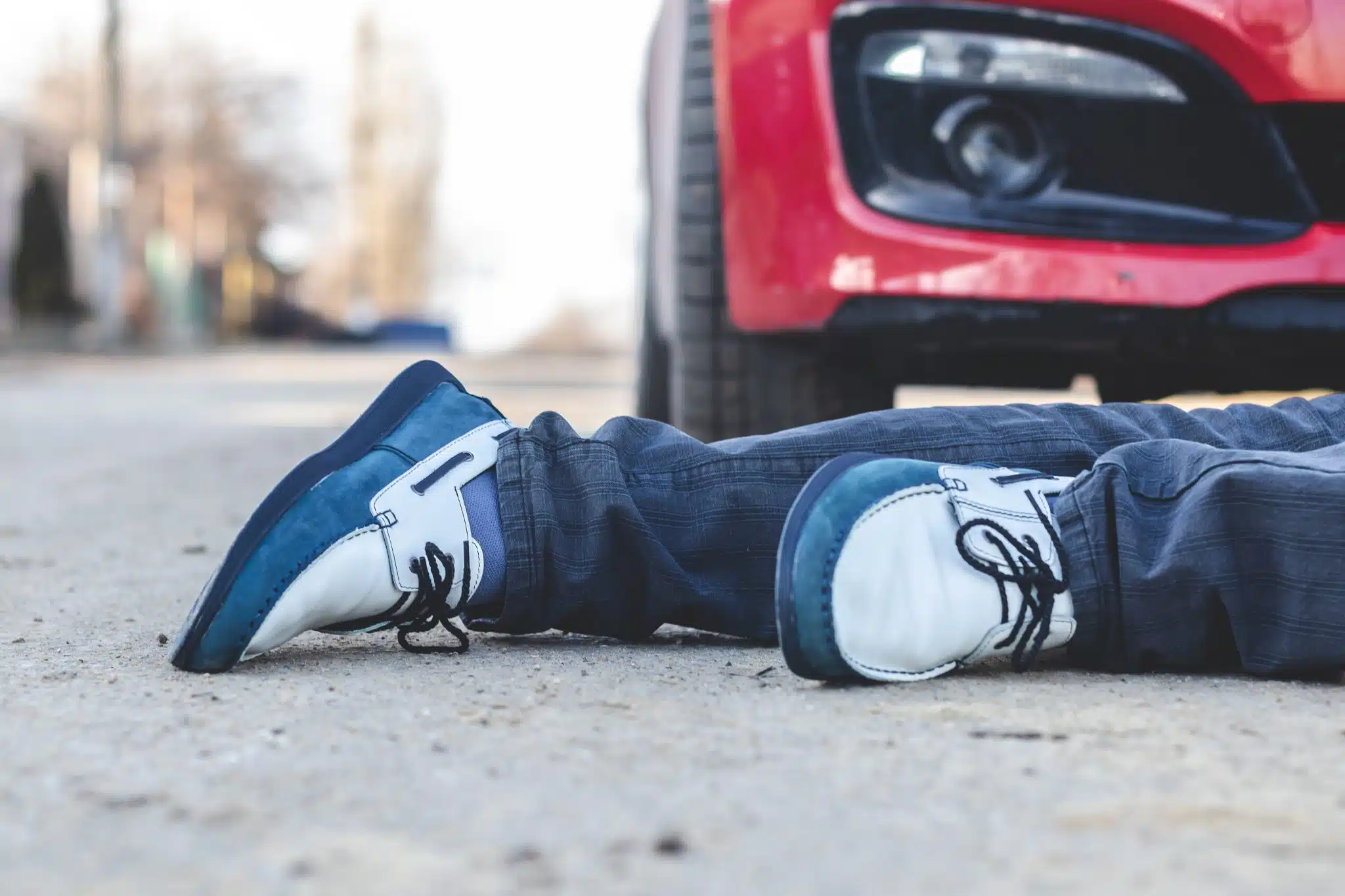
Whiplash Caused by Rear End Collisions
Car crashes can be devastating, whether they occur at high speeds on the freeway or at a few miles per hour when a vehicle is traveling in a driveway or parking lot. Given the varied nature of collisions, there are many different kinds of common car accident injuries. One of the most common types of car crash injuries is whiplash.
If you were recently hit from behind by another vehicle, you may be experiencing some symptoms of whiplash from a rear end collision. According to the Mayo Clinic, whiplash is a type of neck injury caused by “ forceful, rapid back-and-forth movement of the neck, like the cracking of a whip.” Rear-end collisions are one of the most common causes of whiplash, although other types of motor vehicle collisions can also result in a whiplash injury.
How long does whiplash last? and, what are the common signs and symptoms of whiplash? The Mayo Clinic reports that most people who sustain a whiplash injury begin to feel better within a few weeks, but some people experience pain for months or even years following a car crash. Frequent signs and symptoms of whiplash include but are not limited to:
- Neck pain;
- Neck stiffness;
- Neck pain that worsens with movement;
- Limited range of motion in your neck;
- Headaches that start at the base of your skull;
- Pain or tenderness in your shoulders, upper back, or arms;
- Numbness or tingling in your arms;
- Fatigue;
- Dizziness;
- Blurred vision;
- Tinnitus;
- Sleeping problems;
- Concentration problems;
- Memory problems;
- Irritability; and/or
- Depression.
Debilitating Head and Neck Injuries After a Car Crash
Other common car accident injuries include traumatic brain injuries (TBI) and neck injuries distinct from whiplash. If you are experiencing a headache after a car accident, this could be a sign that you have suffered a TBI, concussion or another type of neck injury that shares similar symptoms with whiplash. While most people will have severe symptoms if they have sustained a spinal cord injury (SCI), signs of a mild TBI—including concussions—can result in serious harm if they go untreated.
Common signs of a concussion, according to BrainLine, include the following:
- Headache;
- Neck pain;
- Difficult concentrating, remembering, making decisions;
- Slowed thinking, speaking, reading, or acting;
- Confusion;
- Fatigue;
- Changes in mood;
- Sleep problems;
- Dizziness or feeling light-headed;
- Nausea;
- Sensitivity to light or sound;
- Blurred vision;
- Loss of your sense of taste or smell; and/or
- Tinnitus (ringing in the ears).
Because whiplash and concussions share similar symptoms, it is important that you seek proper diagnosis and treatment from a physician after experiencing changes in your health after a car crash. For instance, whiplash can cause headaches and blurred vision, but these symptoms can also be attributed to other kinds of debilitating head and neck trauma following a crash.
Do not ignore the symptoms of whiplash, TBI, concussions, and neck injury, even if they seem trivial, as they can become worse without the proper medical treatment. It is always a good idea to see a general healthcare provider after you are involved in a collision, or to go to the hospital directly after an accident if advised by EMS on the scene. Your doctor can assess your symptoms after a car crash and recommend a specialist if you need further treatment. If you sustained serious injuries after a car crash and need to file a car crash injury claim, a car accident lawyer can help.



